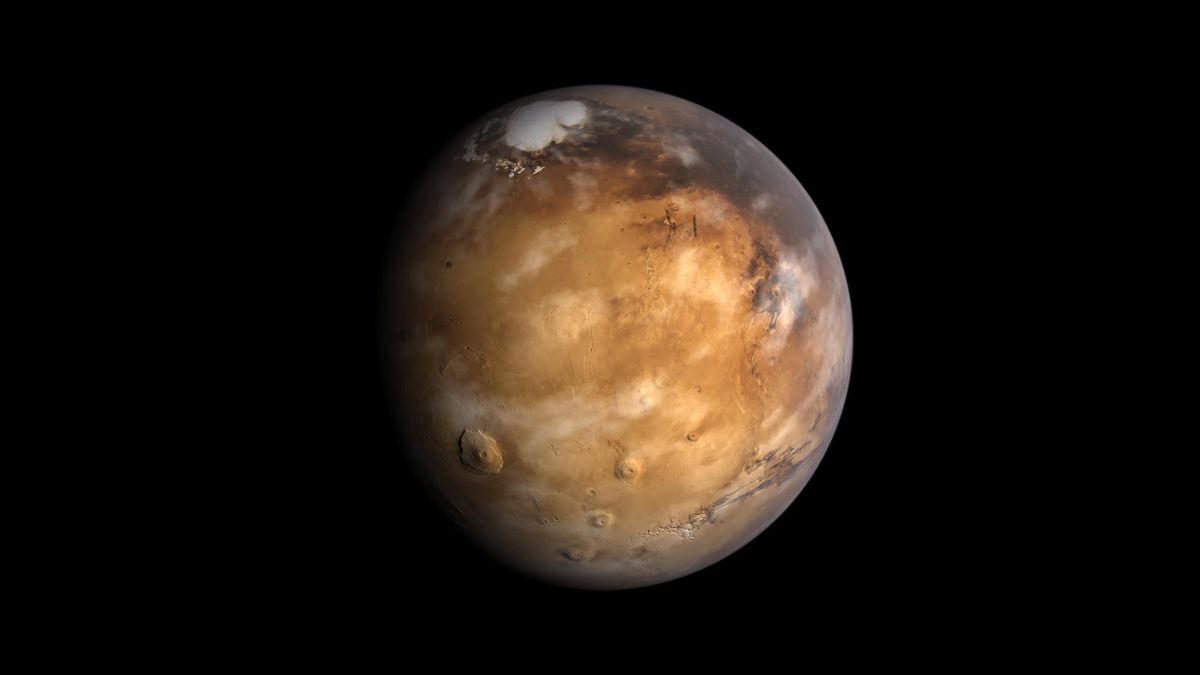The Mars Perseverance Rover motors around the Red Planet collecting data, which it sends back to Earth. Two microphones on the Perseverance rover directly record and transmit sound on Mars for the first time. The sound is of a strong wind blowing against the microphone, but it sounds distant, as if the microphone recorded the wind from under a blanket.
On Mars, sound waves vibrate much differently than they do on Earth, and the sounds that travel along these sound waves are muffled. That’s because the atmosphere on Mars has a very different average air temperature, density, and chemistry. Those three factors in turn affect the speed, volume, and quality of sound on Mars.
Picture yourself standing on Mars: Sounds in the cold atmosphere take slightly longer to travel to your ear than they do on Earth. With Mars’s average surface temperature being negative eighty-one degrees Fahrenheit, the speed of sound is significantly slower: around five hundred forty miles per hour, compared to seven hundred sixty miles per hour on Earth.
It’s only over long distances that you notice the difference in the speed of sound. But the lower volume levels are immediately apparent on Mars. That’s because Mars just has less atmosphere than Earth. The air there is about a hundred times less dense, and with less pressure, sounds are softer.
The Martian atmosphere is about ninety-six percent carbon dioxide, which absorbs more sound waves than our atmosphere. So, the sound quality is much different on Mars, especially for high-pitched noises. Noises like bells and birdsongs would be barely perceptible, especially to a human in a space suit.










